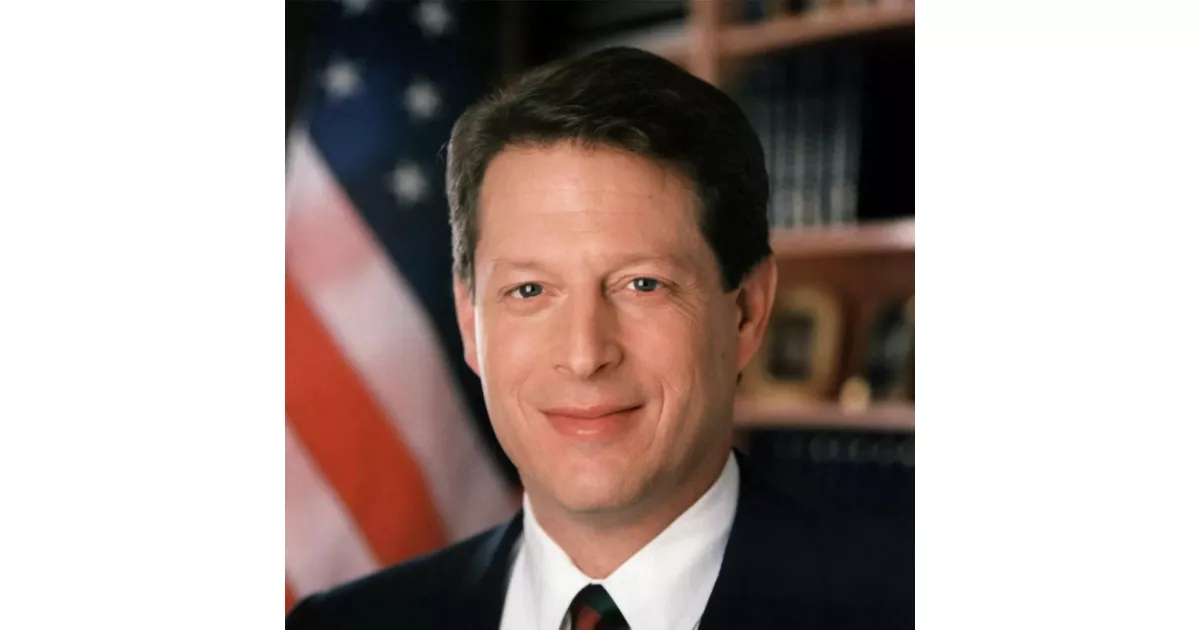Life is full of challenges, and Al Gore faced many. Discover key struggles and how they were overcome.
Al Gore served as the 45th U.S. Vice President under Bill Clinton (1993-2001). Prior to that, he represented Tennessee in both the House of Representatives (1977-1985) and the Senate (1985-1993). As the Democratic nominee in the 2000 presidential election, he lost to George W. Bush despite winning the popular vote. He is also a businessman and environmentalist.
1988: Presidential Candidacy
In 1988, Al Gore sought the Democratic Party's nomination for President of the United States, carrying seven states in the primaries and finishing third overall. Michael Dukakis won the nomination but lost the general election to George H. W. Bush.
1988: Super Tuesday and Endorsement Controversy
In 1988, twelve southern states held their primaries on Super Tuesday. Jesse Jackson defeated Gore in South Carolina. Gore split the Southern vote with Jackson. Gore was later endorsed by New York City Mayor Ed Koch who made statements in favor of Israel and against Jackson. Due to Koch's statements and attacks against Jackson, Dukakis, and others, Gore received only 10% of the vote in the New York primary. Gore then dropped out of the race.
April 3, 1989: Albert Gore Accident
On April 3, 1989, Al Gore's six-year-old son, Albert, was hit by a car after running across the street. Albert was severely injured. This event was "a trauma so shattering that [Gore] views it as a moment of personal rebirth", a "key moment in his life" which "changed everything".
1993: Tensions in the White House
Since 1993, the White House saw "three-way tensions" due to Hillary Clinton's candidacy for the open Senate seat in New York, which was exacerbated during Al Gore's 1999 Presidential campaign.
1996: "Chinagate" Controversy
In 1996, Al Gore became involved in the "Chinagate" campaign finance controversy over his attendance at an event at the Buddhist Hsi Lai Temple in Hacienda Heights, California.
March 1997: Explanation of Phone Calls
In March 1997, Al Gore had to explain phone calls he made to solicit funds for the Democratic Party for the 1996 election. He stated that the calls were charged to the Democratic National Committee and that he had been advised there was nothing wrong with that.
1998: FBI Agents Denied Opportunity to Interview
In 1998, FBI agents were denied the opportunity to ask President Bill Clinton and Vice President Al Gore questions during Justice Department interviews and were only allowed to take notes in the "Chinagate" investigation.
April 1999: "Clinton fatigue" Study
In April 1999, a study by the Pew Research Center for the People found that respondents suffered from "Clinton fatigue", potentially impacting Al Gore's presidential campaign.
December 13, 2000: Gore Concedes the 2000 Presidential Election
On December 13, 2000, Al Gore conceded the election to George W. Bush, despite disagreeing with the Supreme Court's decision to halt the Florida recount. Gore stated that he offered his concession for the sake of unity and the strength of democracy.
2000: Democratic Presidential Nominee
In 2000, Al Gore was the Democratic nominee for President of the United States, ultimately losing to George W. Bush despite winning the popular vote.
2000: Request for Independent Counsel Denied
In Spring 2000, Robert Conrad Jr. asked Attorney General Janet Reno to appoint an independent counsel to continue the investigation into Al Gore's fund-raising controversies. After looking into the matter, Reno judged that the appointment was unwarranted.
2000: 2000 Presidential Election Loss
In the 2000 presidential election, Al Gore lost the electoral college vote to George W. Bush despite winning the popular vote. The election concluded after the Supreme Court ruled in Bush v. Gore.
Mentioned in this timeline

Bill Clinton the nd U S President - served as...

Jesse Jackson is an American civil rights activist politician and...

Hillary Diane Rodham Clinton is a prominent American politician lawyer...

George W Bush the rd U S President - is...

Joe Biden is an American politician who served as the...

The White House located at Pennsylvania Avenue NW in Washington...
Trending

19 minutes ago Kelvin Sampson's Coaching Philosophy and Houston Cougars' SLAM Magazine Cover

19 minutes ago Trace Adkins Hints at Retirement with 2026 Tour Potentially Being His Last

19 minutes ago Urgent search: 3-year-old girl missing in Avondale, Amber Alert issued for safe return.

20 minutes ago Jackie Chan Shines in 'Unexpected Family' and Berlin Film Festival Recognition
20 minutes ago DAZN and Matchroom Boxing Extend Media Rights Deal for Five Years

20 minutes ago Russell Westbrook's wife receives death threats amid sports betting accusations and fan anger.
Popular

Jesse Jackson is an American civil rights activist politician and...

Barack Obama the th U S President - was the...
Randall Adam Fine is an American politician a Republican who...

Ken Paxton is an American politician and lawyer serving as...

Bernie Sanders is a prominent American politician currently serving as...

Michael Joseph Jackson the King of Pop was a highly...
